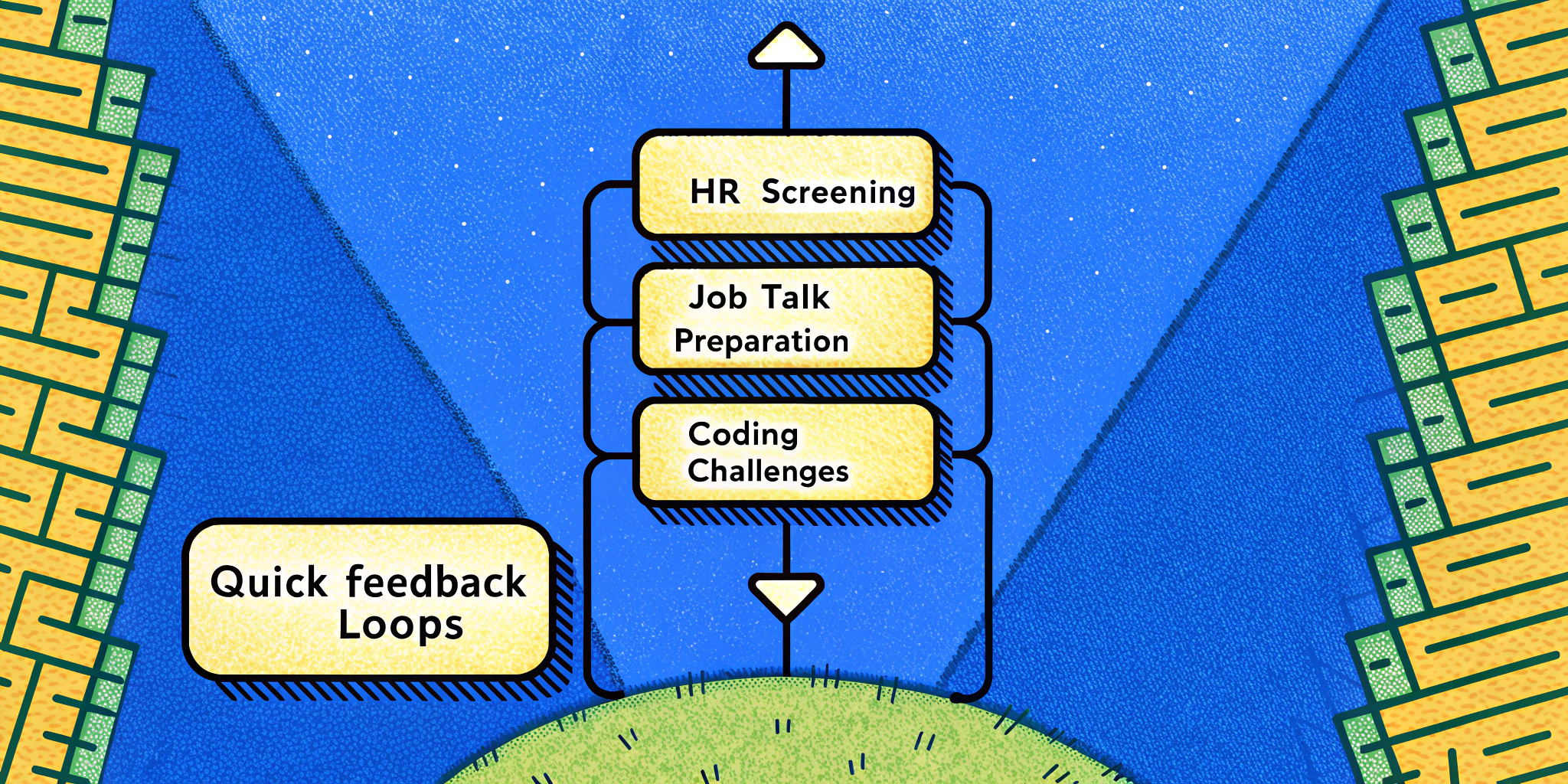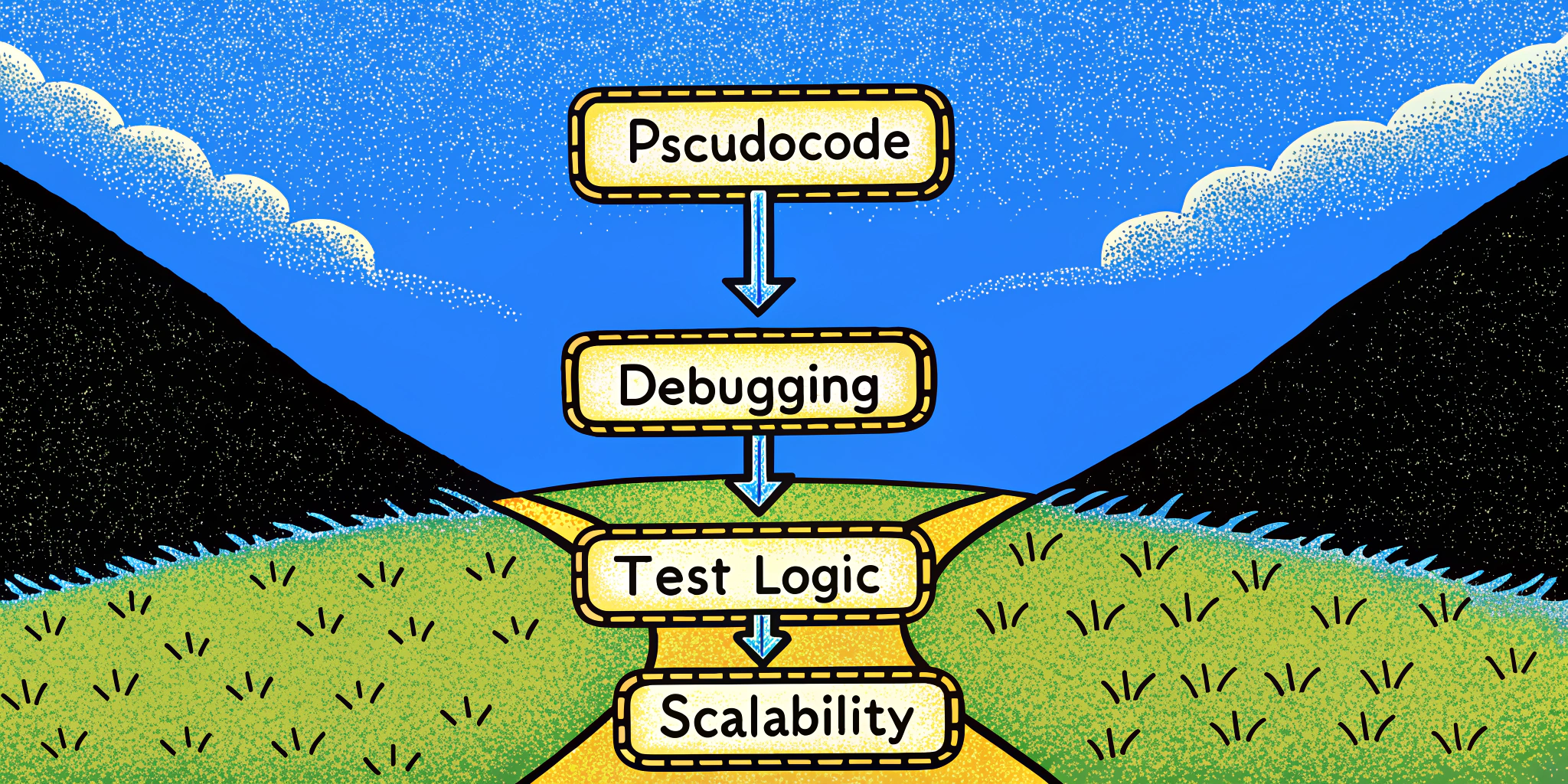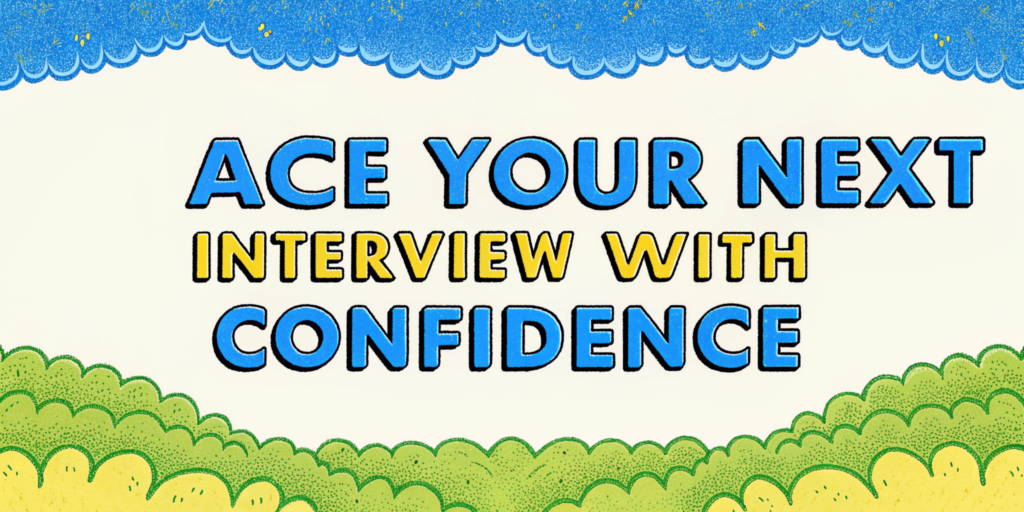AI research is not just a field; it’s a battleground of ideas, skills, and relentless experimentation. If you’re eyeing a role as a research scientist, engineer, or simply wondering how to prepare for a technical interview as an AI researcher, you’ve probably asked: What’s the secret to standing out? The short answer: agency, caring deeply, executing maniacally, and consistently putting yourself on the radar.
In this article, I’ll dissect what separates impactful AI researchers from the average applicant, sprinkle in personal examples from my career (hi, I’m Alex Myers, a Research Lead in computational neuroscience), and share actionable insights for preparing for interviews that will give you that edge. Whether you’re studying Reddit threads or test-driving AI tools like Ninjafy AI, this strategic guide is your road map to success.
1. What Are AI Research Interviews Really Looking For?
Opening Insights
AI research interviews aren’t like your typical job interview. The process is designed to weed out candidates not only for their technical prowess but also for their intellectual curiosity, problem-solving persuasiveness, and—most importantly—initiative. Whether you’re interviewing at Meta or a startup, hiring managers care deeply about two core traits: agency and your ability to navigate ambiguity.
In other words, no one will hand you a playbook, and that is exactly the point.
“Interviews are less about getting every answer right and more about proving that you know how to conduct experiments, think independently, and overcome blockers.”
| Key Areas Evaluated: | Focus Area | Example Questions | What They Assess |
|---|---|---|---|
| Research Depth | “What’s the bias-variance tradeoff in deep networks?” | Understanding of core machine learning | |
| Problem Solving | “How would you approach reducing sparsity in a model?” | Creativity + technical thinking | |
| Experimentation Results | “Walk us through a failed experiment and why.” | Process transparency + resilience |
2. Agency: The Superpower That Gets You Noticed
One recurring theme I hear in success stories is agency. Agency is the ability to push through roadblocks, to vertically solve problems even if they’re organizational or structural. I joined my first interpretability team when the group had lots of promising ideas but no scalable execution plan. My biggest value-add was implementing a series of experiments that propelled us from “theory” to “Signs of Life.”
PRO TIP: How Agency Makes or Breaks a Candidate
Imagine you’ve been told, “We need data approval to proceed, but it’s held up by legal teams.” A candidate with agency—someone who’d thrive in AI research—wouldn’t say “I’m stuck.” They’d find the legal contacts, prepare the necessary preliminary work, or even prototype with dummy data if ethical.
3. Rapid Prototyping and the Power of Quick Feedback Loops
Great AI researchers don’t build in silos or perfect their code for weeks on end. Instead, they adopt rapid feedback loops to optimize experiments as fast as possible.
“There’s a difference between careful rigor and analysis paralysis. Being able to iterate deeply but quickly is a multiplier effect.”
How to Apply This in Practice:
Let me walk you through a coding example. I was working to reduce network sparsity inspired by sparsity in the brain. At one point, I wrote code that only partially achieved parameter regularization. Instead of letting this block my research, I opened model weights, adjusted layers, examined neuron activations—and scaled another iteration. By staying unblocked, I presented key results at a conference six weeks later.
Imagine being stuck in a technical interview. With tools like Ninjafy AI, you could simulate debugging scenarios. I used their NinjaCopilot™ during mock ML sessions and learned how to verbalize experiment pivots more effectively—it’s a great warm-up!
Example Prompt for an Image Section
4. The Obsession That Breeds Excellence
Let me guess: you think success is 90% talent? Wrong. Success, particularly in AI research, is about caring. Over-caring, even. It’s about checking edge cases, ensuring your model parses rare events, and re-evaluating outputs long after most would call it “done.”
Take LeBron James, for instance. He commented how many athletes stop trying once they hit financial stability. In AI (thankfully), most people do care deeply—but the difference lies in who cares about the entire stack.
5. Preparing for Your AI Interview: A Step-by-Step Blueprint
Success in AI interviews boils down to methodical preparation. Here’s a cheat sheet:
| Step | What to Do |
|---|---|
| HR Screen Prep | Practice charisma: Treat it like selling your agency and drive. |
| Job Talk Development | Show depth for YOUR specific research and angle it toward their niche industry. |
| Research Execution | Prepare 2 cases (success + failure experiments). Demonstrate learnings from both. |
| Coding Exercises | Focus on structured thinking. Prep Leetcode + domain-specific ML optimizations. |
| Ask the Right Questions | Research their breakthroughs. Ask probing questions about their tooling or methods. |
6. Hack the Process: Nailing HR, Job Talks, Code, and Research Tests
AI job interviews often follow this process:
- Informal Chat
- HR Assessment (new trends show hiring managers increasingly involved here).
- Job Talk
- Code Challenges (often 2-3).
- Research Grilling (one general, one specific).
My advice? Split your time 60% prep for the research topics and 40% sharpening your behavioral and coding buzz. I highly recommend mock interviews via AI-driven platforms like Ninjafy—particularly for building confidence when presenting compelling narratives about your work.
7. Real Stories: Agency, Serendipity, and the Path to Breakthroughs
One of my peers was spotted solely because he obsessed over solving scaling problems on Reddit forums and blogging about his solutions. Fast-forward: his papers on scaling laws in board games landed him competing job offers from top AI labs.
For me, conference networking was game-changing. I told a lead researcher about my cerebellum-to-transformer findings, and it paved a job transition path. Sometimes, simply showing up where the energy flows can open exponential opportunities.
8. Takeaways: Persistence + Execution = Winning
If there’s one thing to guide your preparation for AI interviews, let it be this:
- Agency ensures you’re never seen as stagnant.
- Rapid iteration beats theoretical planning paralysis.
- Care deeply about both the problem and full stack execution.
Combine these, and you’re miles ahead, whether solving research questions or acing that final-round interview. And when paired with technologies like NinjaCopilot™, confidence in your interview preparation hits new heights.




